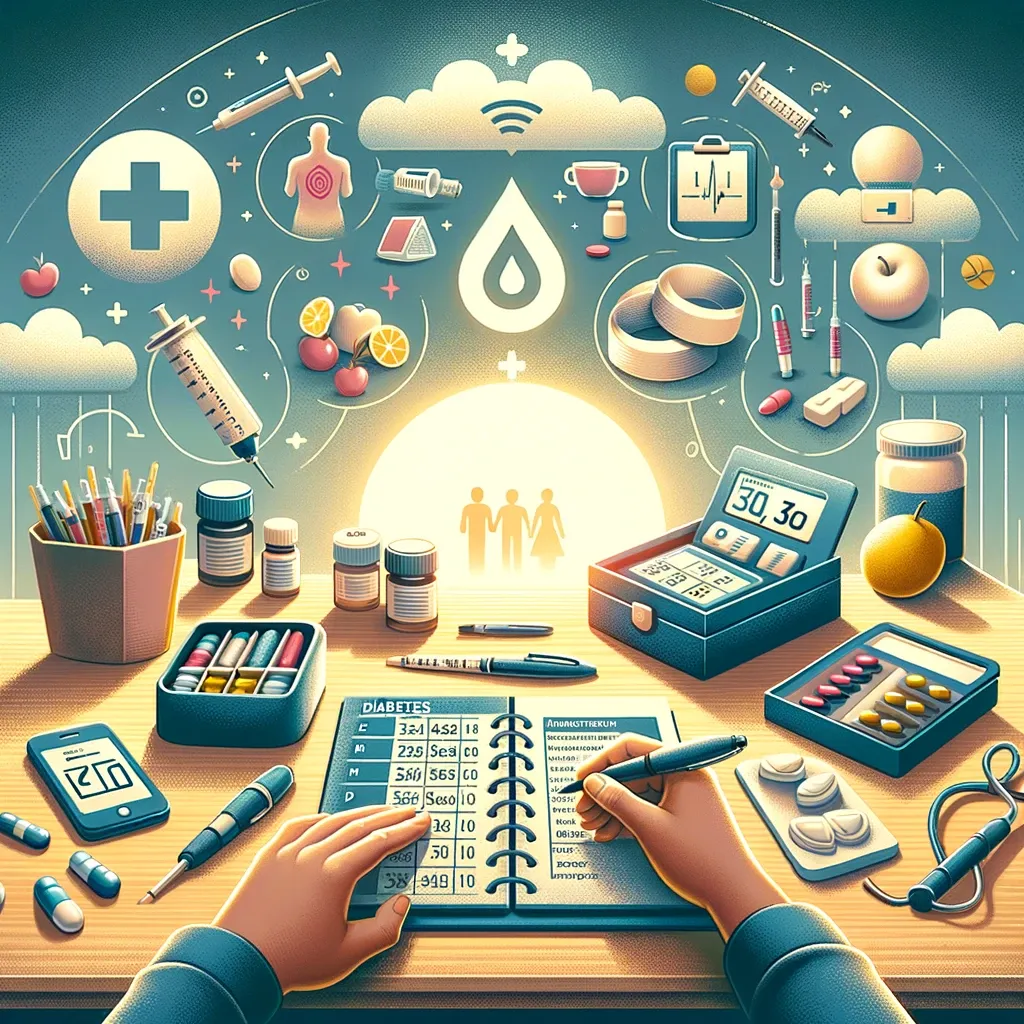AI Can Predict Your Risk of Diabetes


Are you unknowingly suffering from diabetes? Science says over 20% of the people living with diabetes in America are unaware they have it.
Clinical Information, Stats, and Consequences
Diabetes Mellitus is a chronic, metabolic disease characterized by elevated blood glucose, which over time has the potential to cause catastrophic damage to bodily tissue, namely the heart, blood vessels, kidneys, nerves, and eyes. As a result, diabetes is the leading cause of limb amputations, kidney failure, and blindness in adults aged 20-74.
Access to quantitative laboratory testing is limited by both costs and availability but predicting early-stage diabetes can help preserve patient’s health, reduce fatal outcomes, and save costs in the long run.
According to the World Health Organization (WHO), more than 422 million people across the globe currently live with diabetes [1].
There’s a need for alternative methods to detect the presence of diabetes so patients can be accurately identified and treated.

Disease Prediction Using Intelligent Systems
I sought to develop an intelligent system capable of accurately predicting patients’ diabetes status based on a combination of binary inputs which can be obtained through survey questions, rather than precise laboratory values. The test performs with 96% classification accuracy on the testing set and has an F1 Score of 97.1%.
Within 10 minutes or less, anyone can get a prediction on their diabetes status.
Interested in a public version? Let me know in the comments!
Note: This analysis will not serve as a diagnostic test. If you are concerned about your health, please visit your medical doctor.
References:
- Gojka R. Diabetes. (2020). World Health Organization Health Topics Diabetes
- Centers for Disease Control and Prevention. National Diabetes Statistics Report, 2020. Atlanta, GA, U.S. Dept of Health and Human Services.
- O’Grady KL, Viaña Pérez J, Cohen K. Predicting Diabetes Diagnosis with Binary-to-Fuzzy Extrapolations and Weights Tuned via Genetic Algorithm. Explainable AI and Other Applications of Fuzzy Techniques; North American Fuzzy Information Processing Society 2021 Conference Proceedings. 2021.

